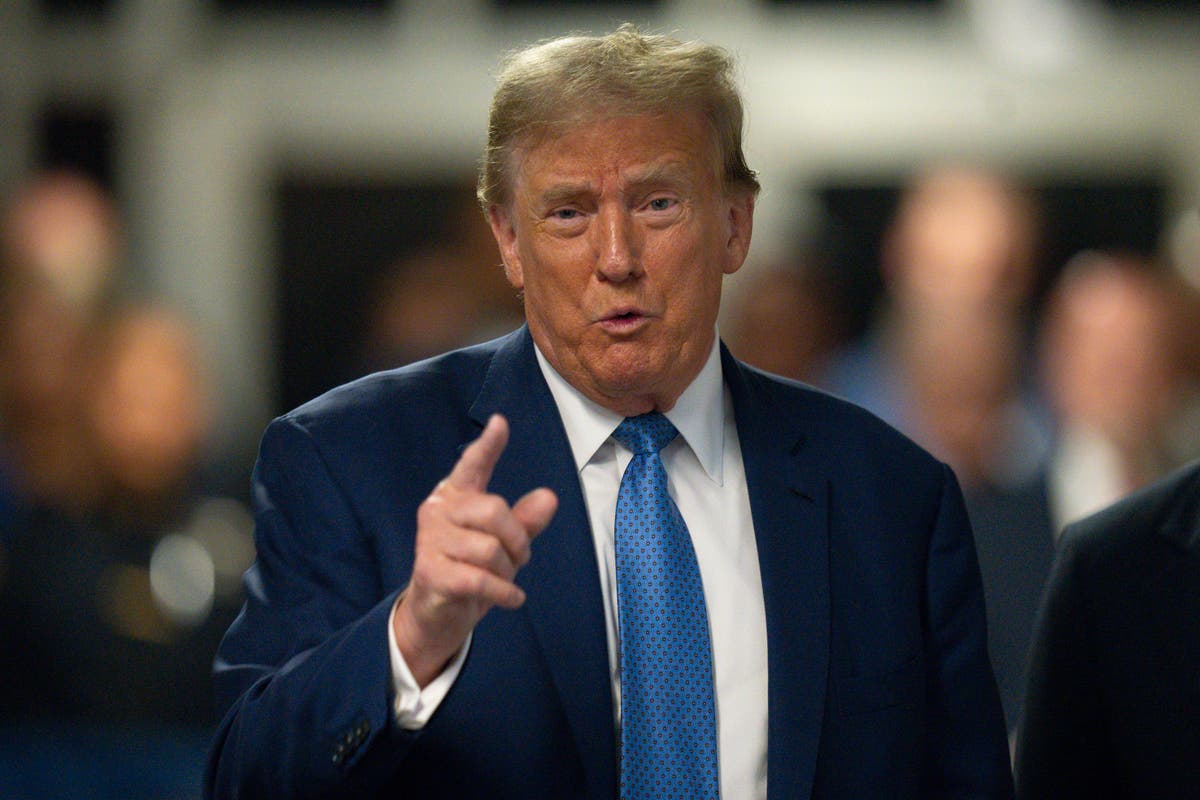Trump’s Stance on Voting Rights for Felons May Come Back to Haunt Him
Former President Donald Trump, who has been vocal in his opposition to voting rights for convicted felons, may now find himself in a position where he is unable to cast a vote in the upcoming elections. Trump is currently facing trial on 34 counts of falsifying business records related to a hush money payment made to adult film star Stormy Daniels prior to the 2016 election.
The charges against Trump have been elevated to felonies due to allegations that the falsification was done with the intent to commit or conceal another crime, specifically a conspiracy to influence the 2016 election. As the trial unfolds, not only Trump’s freedom but also his right to vote hangs in the balance.
In various statements over the years, Trump has strongly criticized the idea of allowing convicted felons to participate in elections. He has accused political opponents of trying to secure votes from felons to sway election outcomes. This stance has put him at odds with Democratic candidates, including President Joe Biden and Senator Bernie Sanders, who have expressed more lenient views on felons’ voting rights.
Trump’s past comments condemning efforts to restore voting rights for ex-prisoners may now have consequences for his own ability to participate in future elections. If convicted, Trump could face a maximum sentence of four years in prison for each of the 34 felony charges he is facing. Despite being a first-time, non-violent offender, the possibility of losing his voting rights remains a real concern for the former president.
As the legal proceedings continue, the irony of Trump potentially running for office in an election where he himself may be unable to cast a ballot is a situation that underscores the complexities surrounding voting rights for felons in the United States.


